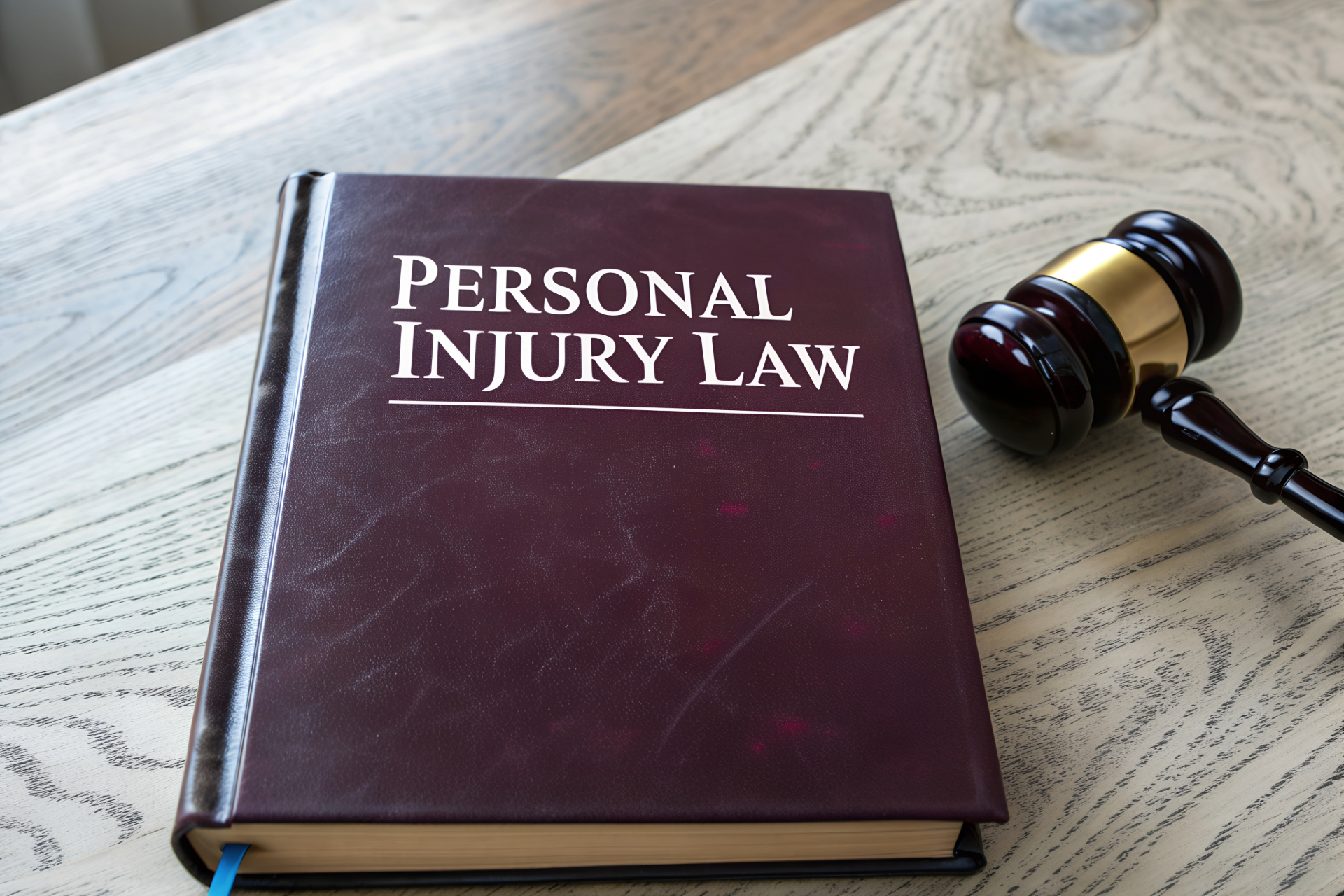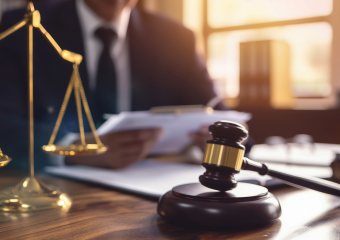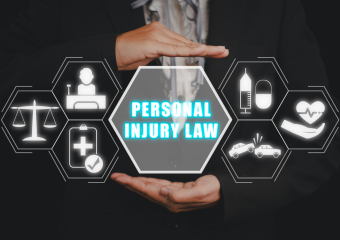Atlanta Car Accident Claims: Essential Guide for Victims
Atlanta Car Accident Claims: What Victims in Decatur and Roswell Need to Know
Atlanta car accident claims can be a complex labyrinth for those unversed in Georgia’s traffic laws and insurance procedures. Victims from Decatur, Roswell, and surrounding areas must navigate these intricacies to secure the compensation they deserve. Understanding the legal framework, identifying the right approach for filing a claim, and recognizing what compensations might be available are crucial steps in this daunting, yet navigable, process.
Understanding Georgia’s Traffic Laws
Georgia operates under the Modified Comparative Fault system. This rule allows a plaintiff to recover damages only if they are less than 50% responsible for the accident. The amount of compensation is reduced by the percentage of fault. For instance, if you are 30% at fault in an accident and your damages amount to $10,000, you can only claim up to $7,000. This emphasizes the necessity for a thorough evaluation and presentation of case facts.
Additionally, Georgia is a “fault state” for car accidents, which means that the person who caused the accident is liable for any damages. Victims can pursue compensation through the at-fault party’s insurer, sue the individual directly, or file a claim with their own insurer who then seeks reimbursement from the at-fault driver’s insurance company.
Initiating the Claim Process
Immediately following an accident in Decatur, Roswell, or any part of Atlanta, it is imperative to report the incident to the police. A police report serves as a crucial piece of evidence in your claim. Following this, contact your insurance company to report the accident, regardless of who is at fault.
Documenting everything is key. This includes taking photographs of the accident scene, your vehicle, the other vehicle(s) involved, and any visible injuries. Collect names, addresses, phone numbers, and insurance information of all parties involved, including witnesses.
Medical Attention and Documentation
Seek medical attention immediately, even if you feel fine. Some injuries, like whiplash or internal trauma, may not present symptoms immediately. Medical records will be a cornerstone of your claim, providing a link between the accident and your injuries.
Keep a detailed record of all medical visits, treatments, and diagnoses. Additionally, keep track of other losses related to the accident, such as missed work days and other related expenses. This comprehensive documentation will be invaluable when you negotiate with insurance companies.
Dealing with Insurance Companies
Navigating through the claims process involves dealing with insurance adjusters. It’s essential to be cautious—adjusters are skilled at minimizing the payouts for claims. Never sign any settlements or agree to recorded statements without consulting a lawyer. Understand that initial offers are typically lower than what you might actually be entitled to.
Seeking Legal Assistance
For victims in Decatur and Roswell, seeking legal counsel from an attorney experienced in local traffic laws can immensely benefit the outcome of a claim. Legal experts can help in several ways:
- Evaluating your case: An attorney can provide a clear picture of what to expect from your claim.
- Gathering evidence: They can help assemble necessary documentation, police reports, and medical records.
- Negotiating with insurers: Attorneys have the expertise to negotiate with insurers aggressively.
- Representing you in court: If a settlement cannot be reached, a lawyer can represent you during court proceedings.
Conclusion
Victims of car accidents in Atlanta, particularly in Decatur and Roswell, should be well-informed about their rights and the proper steps to initiate and settle a claim successfully. By understanding the legal landscape, staying organized with documentation, and possibly enlisting the help of a qualified attorney, you can navigate the aftermath of an accident with greater assurance and efficiency. Remember, each step you take post-accident can significantly influence the outcome of your claim and ultimately, your recovery and return to normalcy.






